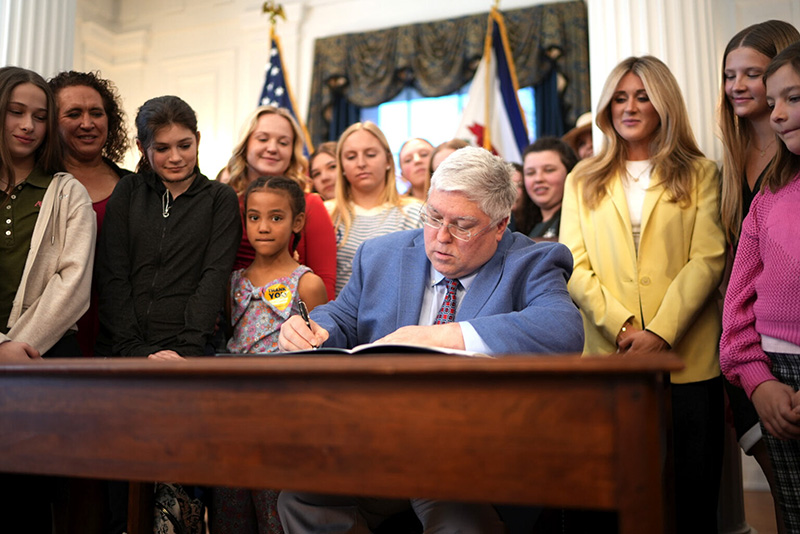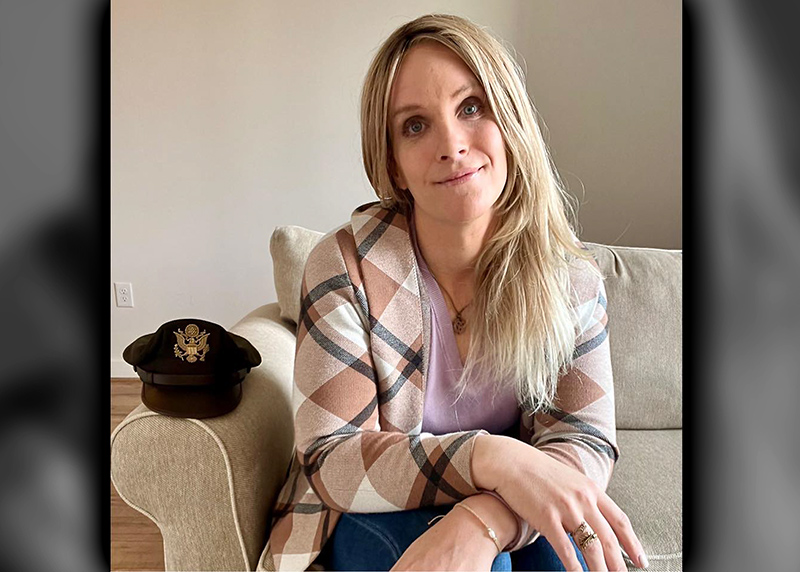Trans Regs Advance
District Commission on Human Rights moves to strengthen regulations against gender discrimination
The D.C. Commission on Human Rights, the city’s Office of Human Rights entity with authority over private sector human-rights complaints, took a step May 11 toward strengthening the district’s rules and regulations regarding discrimination based upon ”gender identity or expression.”
With nine of 10 commissioners present, the commission voted unanimously to send the draft of new regulations to the D.C. Attorney General’s office for review. There was, however, some beforehand line-by-line editing of the draft due to concerns brought by the Gay and Lesbian Activists Alliance of Washington (GLAA) and the ACLU of the National Capital Area.
”We are startled by what appears to be a disregard for free speech and the First Amendment throughout the draft regulations,” wrote Rick Rosendall, GLAA vice president for political affairs in a May 10 letter to Cornelius R. Alexander Jr., the commission’s chief hearing examiner. ”The regulations would outlaw pure speech by declaring it an ‘unlawful discriminatory practice’ for any employer, landlord, rental or sales agent, place of public accommodation, or educational institution to refer to or address a transgender person by the wrong pronoun.”
Rosendall, while also expressing reservation about other points in the draft, acknowledged the extreme discrimination faced by the transgender community. He pragmatically offered, nonetheless, ”The regulations are likelier to withstand public and congressional scrutiny if they are more carefully drafted.”
Sadie Robson Crabtree, spokesperson for the Coalition to Clarify the D.C. Human Rights Act, stressed that the commission’s review of the draft was simply a step in the process. And while her coalition has been working with the commission to draft what the coalition says could be some of the strongest rules in the country against transgender discrimination, Crabtree does not seem worried that the issues raised by the GLAA or local ACLU chapter will prevent the district from adopting stronger regulations.
”We plan to work with the ACLU to strengthen the draft protections,” Crabtree said earlier this week. ”We’re confident that the draft regulations will be strengthened through the process, and that we will win the protections that the transgender people in D.C. have worked so hard for.”
If approved by the D.C. Attorney General’s office, the new regulations will be posted to the D.C. Register for 30 days of public comment.
For more information about the Coalition to Clarify the D.C. Human Rights Act, visit the group online at dctranscoalition.org. For more information about GLAA, visit www.glaa.org. The D.C. Office of Human Rights is online at ohr.dc.gov.
Support Metro Weekly’s Journalism
These are challenging times for news organizations. And yet it’s crucial we stay active and provide vital resources and information to both our local readers and the world. So won’t you please take a moment and consider supporting Metro Weekly with a membership? For as little as $5 a month, you can help ensure Metro Weekly magazine and MetroWeekly.com remain free, viable resources as we provide the best, most diverse, culturally-resonant LGBTQ coverage in both the D.C. region and around the world. Memberships come with exclusive perks and discounts, your own personal digital delivery of each week’s magazine (and an archive), access to our Member's Lounge when it launches this fall, and exclusive members-only items like Metro Weekly Membership Mugs and Tote Bags! Check out all our membership levels here and please join us today!



















